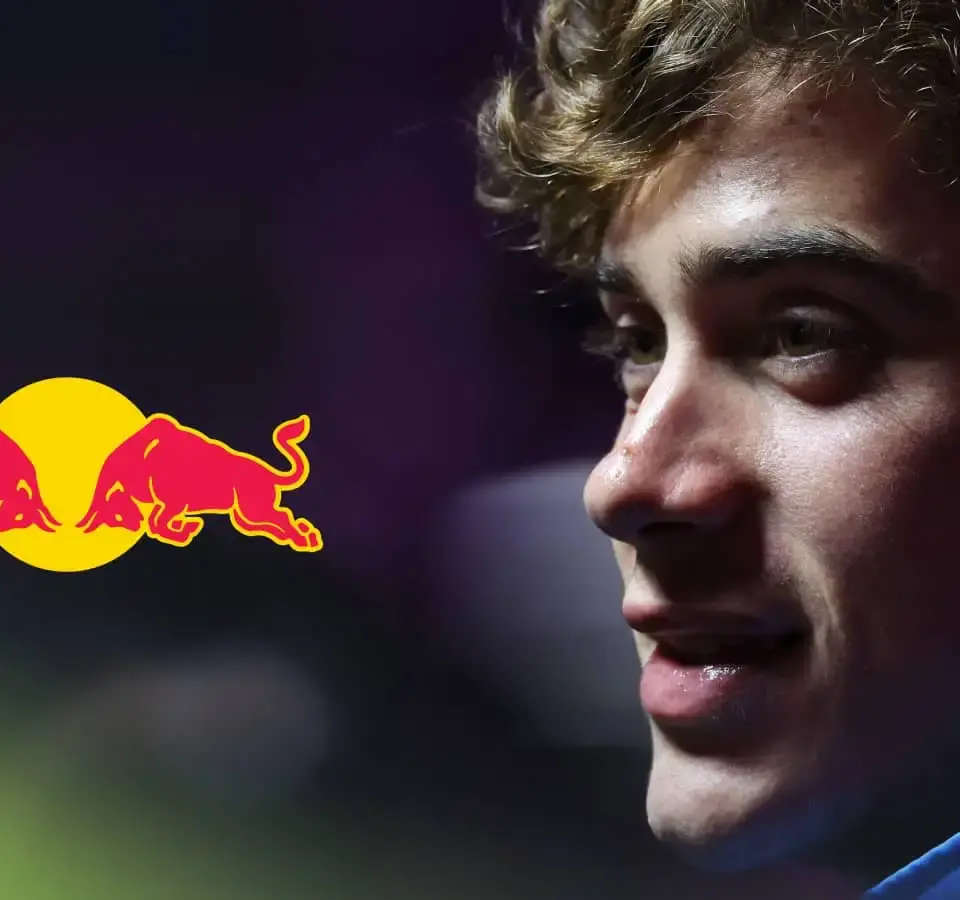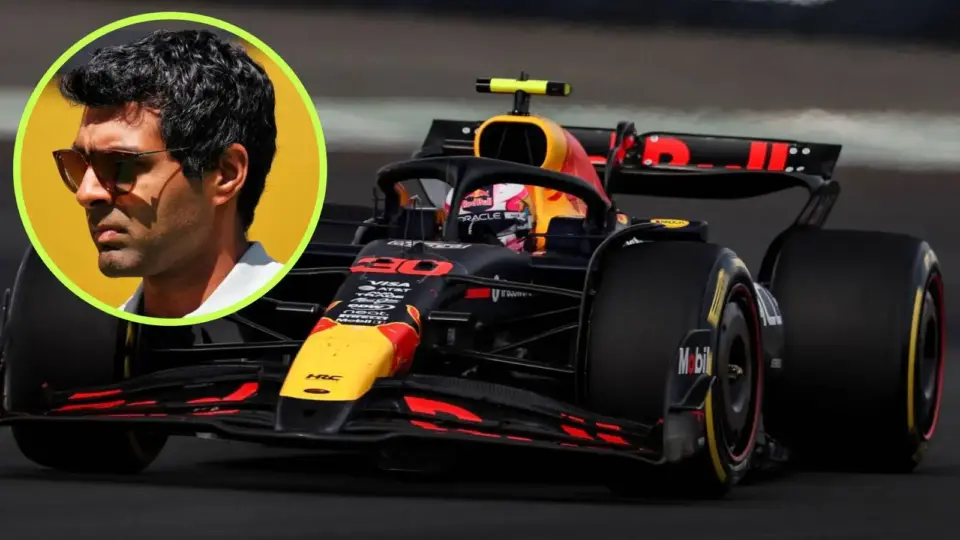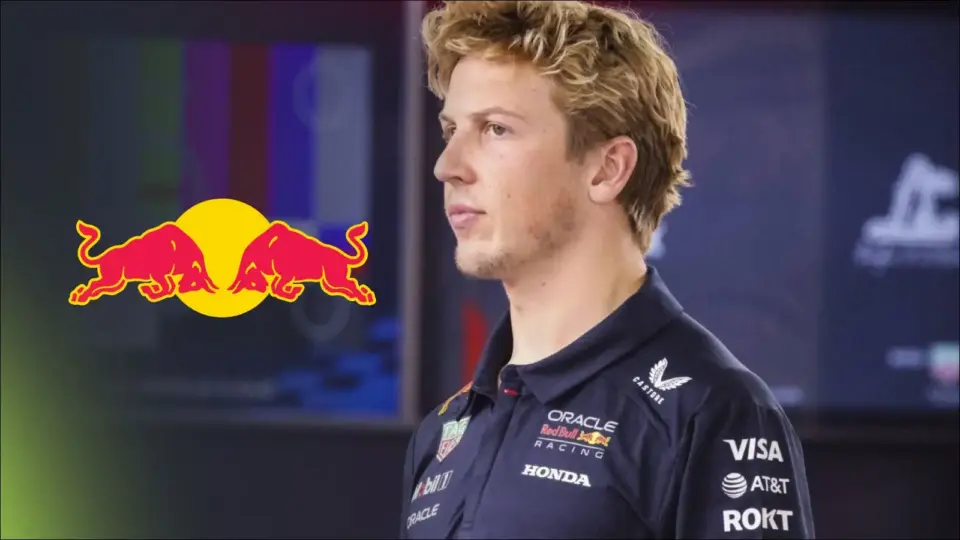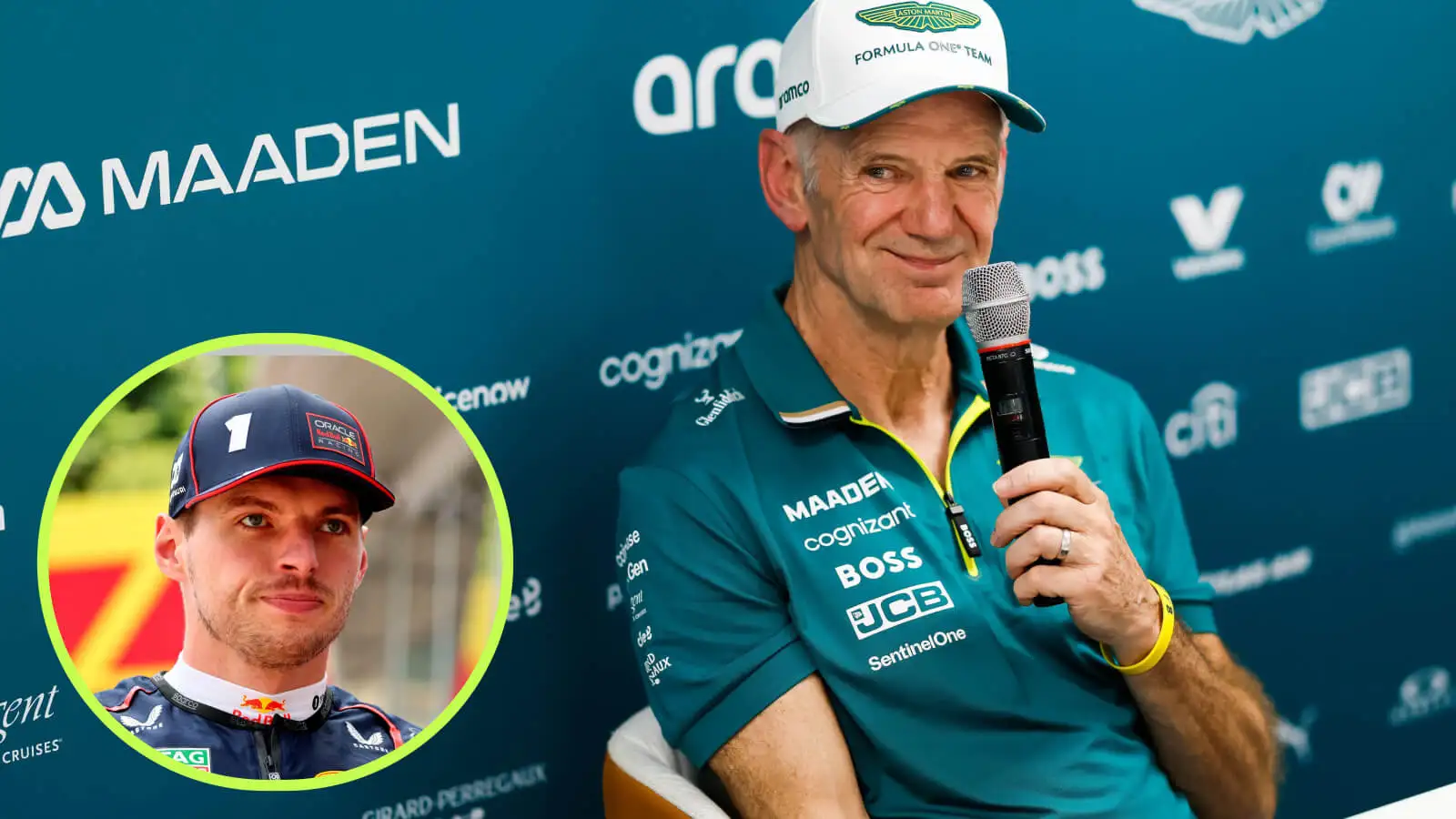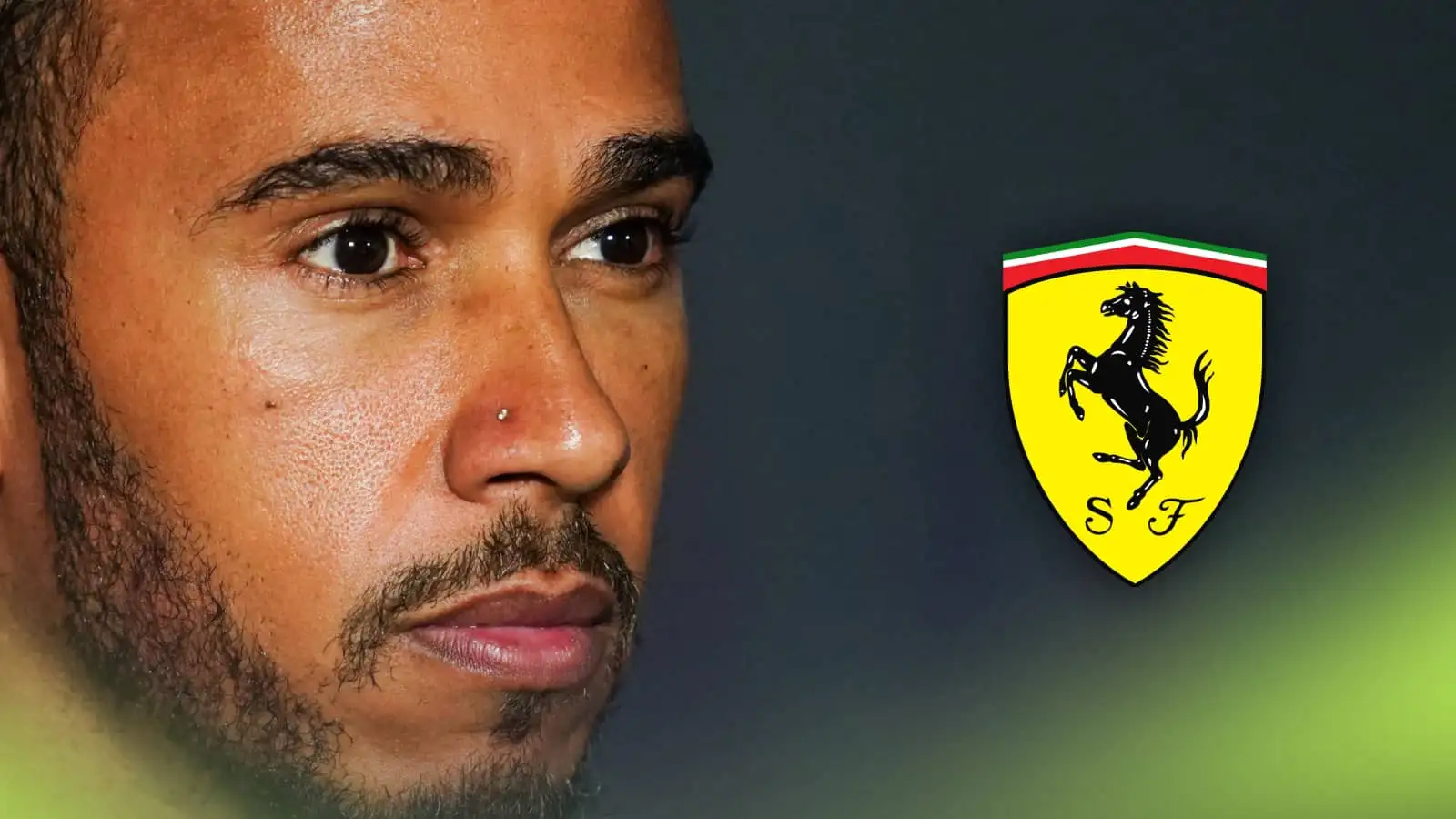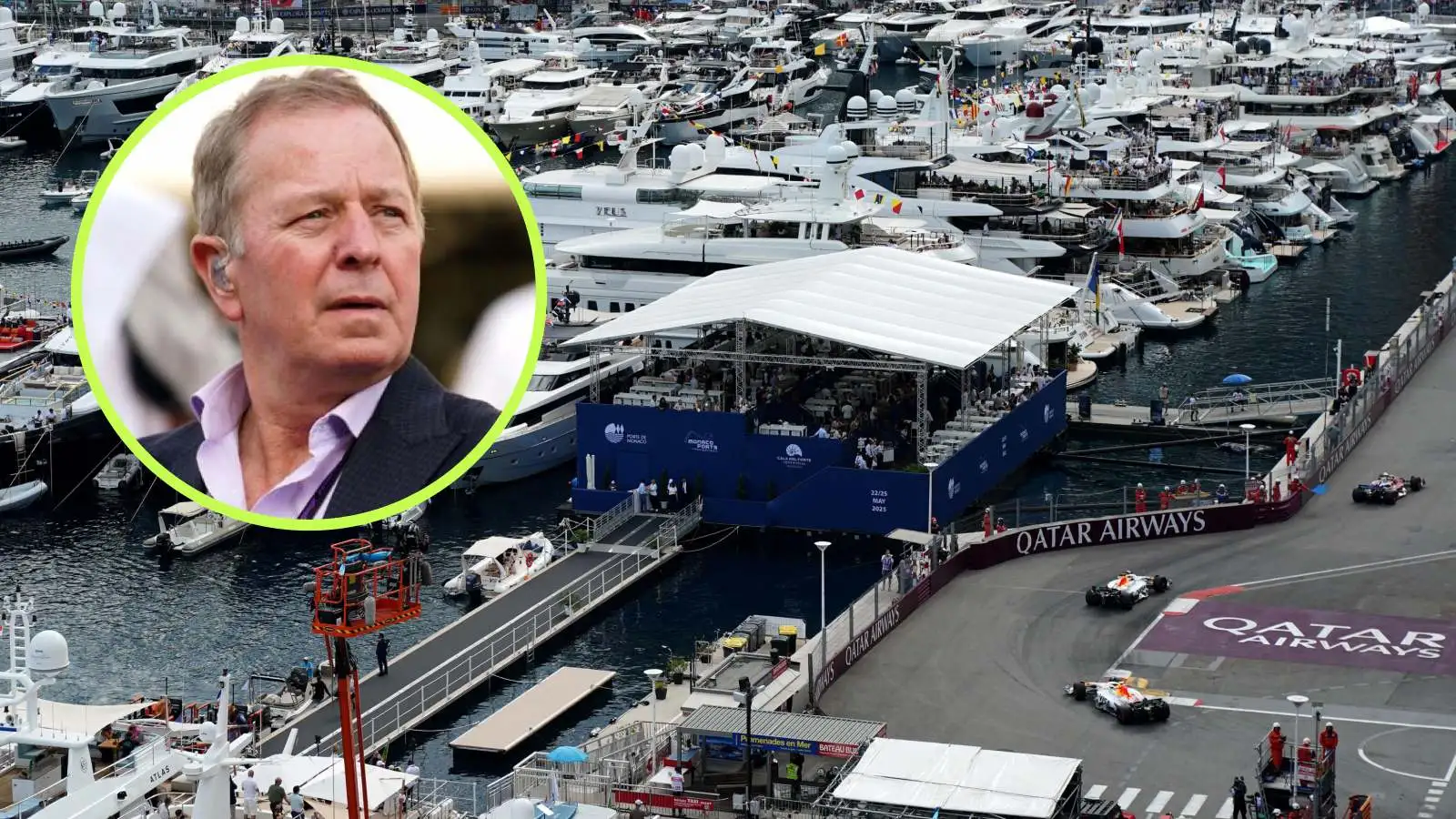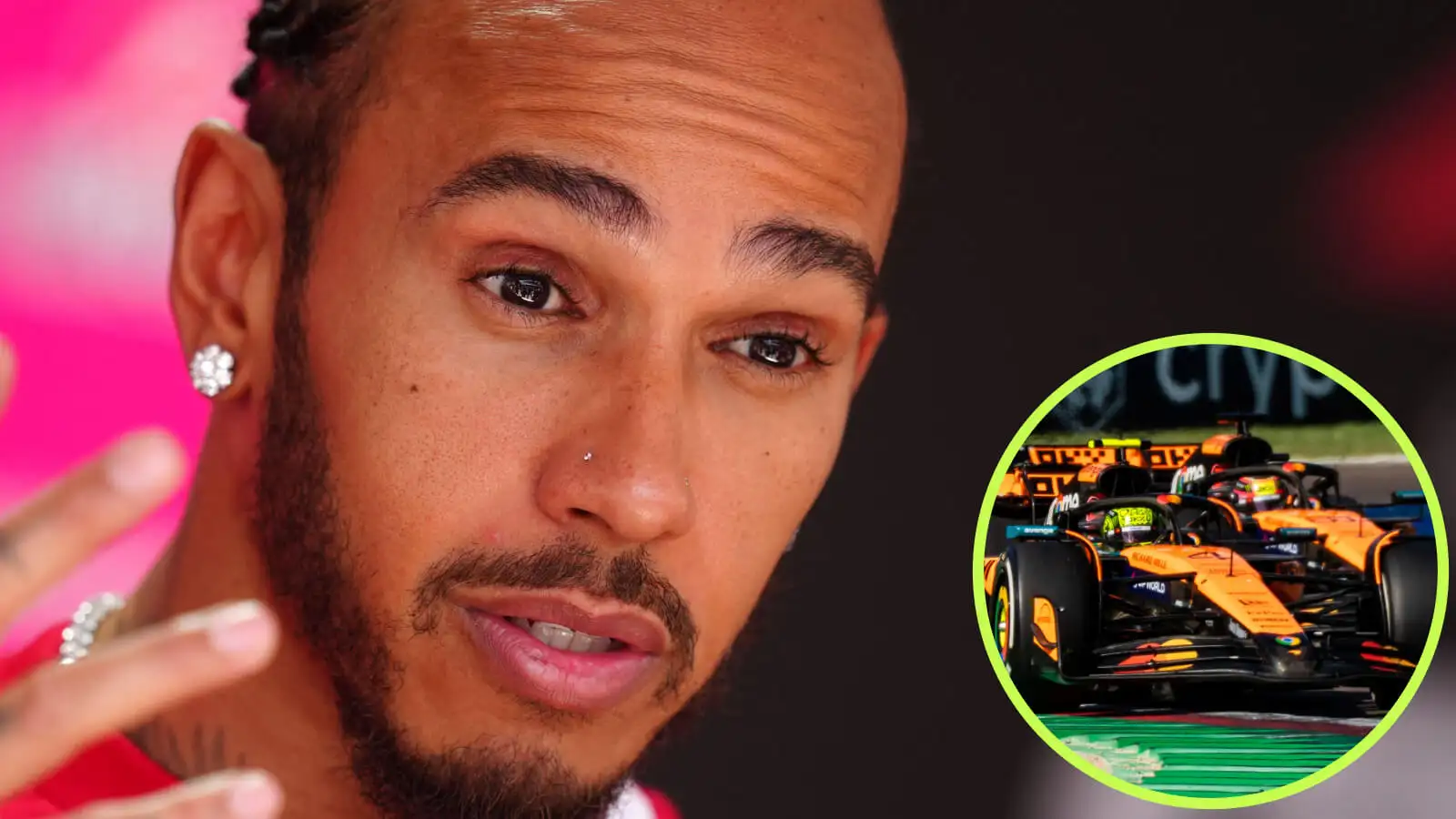A turbulence-filled reshuffle at Red Bull leaves fans buzzing with excitement.
- Ralf Schumacher claims Christian Horner eyed Franco Colapinto for the coveted driver seat.
- Despite potential, Colapinto was passed over due to internal Red Bull politics.
- Liam Lawson’s brief stint replaced by Yuki Tsunoda leaves Racing Bulls in a lurch.
- Max Verstappen’s dominance complicates Red Bull’s team dynamics.
In a whirlwind of Formula 1 driver changes, Red Bull is at the center, stirring intrigue among fans. Ralf Schumacher has made an eyebrow-raising announcement that Christian Horner, Red Bull’s team principal, preferred placing Franco Colapinto in the second driver seat for the 2025 season. This revelation comes after Colapinto’s impressive performances with Williams, where he managed to secure five points across nine races, stealing the spotlight after replacing Logan Sargeant last season.
As the 2024 F1 season concluded, Sergio Perez bowed out of his Red Bull seat, leaving the door open for a new successor. Initially, Red Bull turned to Liam Lawson, the New Zealander with a promising record of 11 Grands Prix courtesy of his tenure with Racing Bulls. However, Lawson’s tenure with Red Bull was short-lived; following two races, in which he failed to score points and didn’t make it past Q1, he was moved back to Racing Bulls. This shuffle resulted in Yuki Tsunoda stepping up to the main Red Bull team after spending over four seasons honing his skills with the junior squad.
Internal politics played a significant role in these changes. According to Schumacher, the Red Bull advisor Helmut Marko was determined to keep talent selections within the existing driver pool, focusing on either Lawson or Tsunoda. In contrast, Horner seemed keen on introducing fresh talent like Colapinto, despite the Argentine having acquired a reputation for crashes, which likely hindered his chances. “Dr. Marko obviously wanted to take two drivers from his own squad,” Schumacher noted, emphasizing the discord between Red Bull’s strategists.
This decision comes at a time when Red Bull finds itself in a precarious position in the Constructors’ standings, sitting at P3 with 36 points. Discussions have been fervent about Max Verstappen’s contributions, with insiders like Schumacher suggesting that Verstappen is the linchpin holding the team’s competitiveness intact. Without him, Schumacher hints, there’s uncertainty about the technical direction of the car, with engineers appearing indecisive. “If they didn’t have Max Verstappen, who is somehow pulling the coals out of the fire, so you don’t really know technically where the car is going,” Schumacher commented.
Yuki Tsunoda, now joining the ranks with seasoned champion Max Verstappen, faces enormous expectations. Known as the ‘team-mate killer,’ Verstappen introduces a daunting challenge. Schumacher’s warning resonates; partnering with Verstappen means facing formidable competition, and the odds seem skewed. Moreover, the changes create a ripple effect, leaving Racing Bulls scrambling to adjust to the absence of Tsunoda, who formed a successful tandem with rookie Isack Hadjar. “I also don’t think it’s right to weaken the team like that,” Schumacher remarked regarding this strategic move.
The Red Bull driver saga reflects the intricate balance of talent, politics, and strategy in the high-octane arena of Formula 1.
